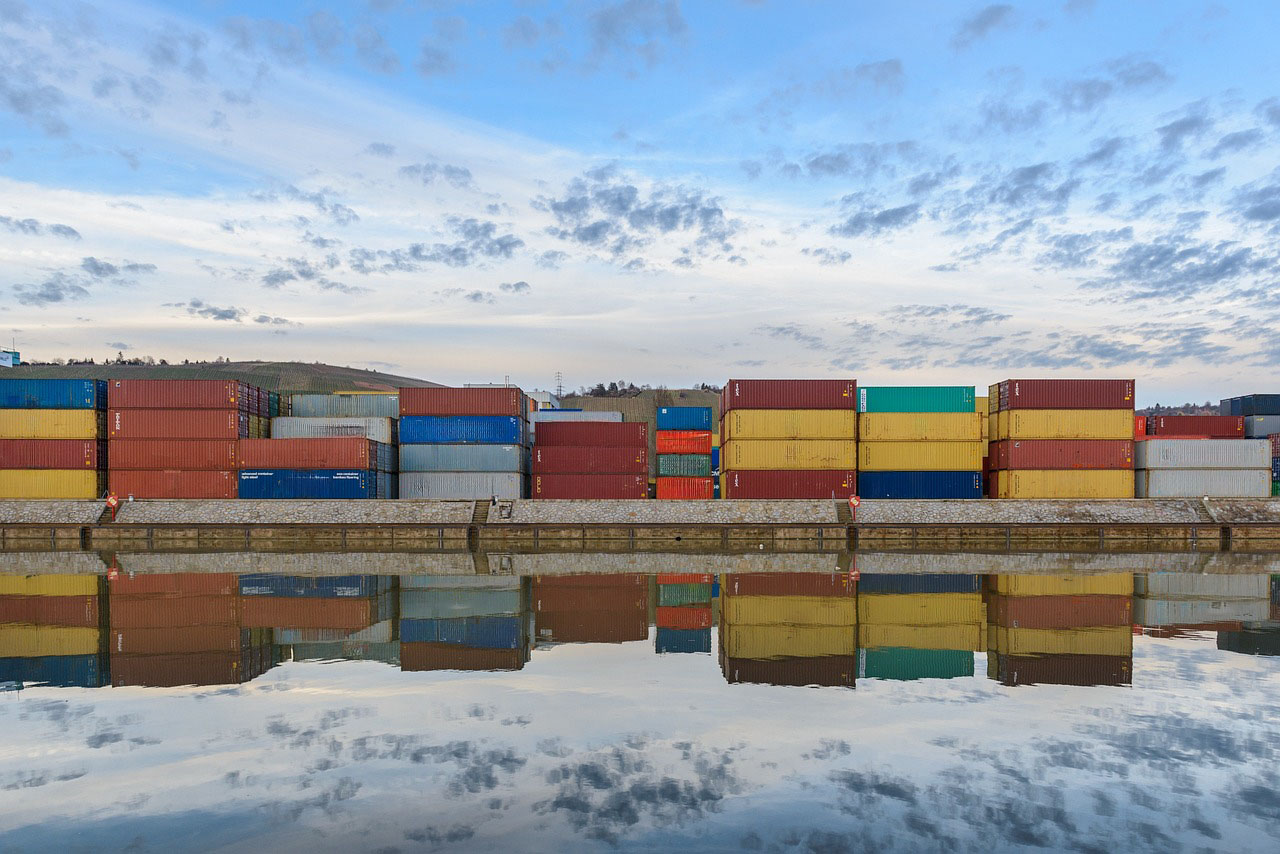Ensuring Safety and Compliance: Remote Inspections for Chemical and Hazardous Goods Cargo

Shipping chemicals and hazardous materials demands meticulous attention to safety, precision in cargo securing, and strict adherence to international regulations. With severe consequences for non-compliance, remote cargo inspections have emerged as a revolutionary solution, ensuring both safety and compliance without compromising operational efficiency.
Risks of Non-Compliance and Improper Securing for Chemicals and Hazardous Goods
Transporting hazardous materials improperly can result in catastrophic outcomes, from environmental damage to severe safety hazards. Non-compliance with IMDG (International Maritime Dangerous Goods) regulations, incorrect UN cargo labeling, and poor cargo securing methods can lead to significant fines, shipment delays, cargo rejection at ports, or worse—accidents endangering lives and environments.
What is a Remote Inspection for Chemical and Hazardous Goods?
A remote dangerous goods survey involves certified inspectors assessing cargo compliance virtually through an online cargo inspection platform. Using submitted photos, videos, or live video calls, inspectors evaluate cargo securing techniques, proper labeling, detailed documentation, and accurate UN markings to ensure full compliance with IMDG code and international shipping standards.
Benefits of Using Remote Inspections for Dangerous Goods
Compliance with IMDG Regulations
Remote hazardous cargo verification ensures your cargo strictly adheres to IMDG code compliance, eliminating regulatory guesswork.
Cost Efficiency and Reduced Inspector Travel
Remote inspections dramatically reduce costs by eliminating travel expenses and minimizing personnel downtime associated with in-person inspections.
Rapid Feedback and Minimal Operational Delays
Remote inspections expedite the review process, providing detailed feedback and digital cargo compliance certificates typically within 24 hours, ensuring minimal disruption to your supply chain.
Global Reach and Accessibility
With remote inspections, businesses anywhere globally can seamlessly ensure cargo compliance, avoiding geographical limitations and ensuring consistent quality inspections.
Nordwatch Remote Inspection Process: How It Works for Hazardous Cargo
-
Cargo Documentation Submission: Clients securely upload images, videos, or schedule live video inspections through the Nordwatch online platform.
-
Inspector Review: Nordwatch’s certified inspectors meticulously review visual evidence of cargo securing, hazardous materials inspection protocols, UN cargo labeling, and adherence to IMDG regulations.
-
Compliance Verification: If compliant, clients promptly receive a digital cargo compliance certificate. For non-compliance, inspectors provide clear, actionable feedback for corrections.
-
Revision and Approval: Clients correct identified issues and resubmit visual proof through the platform. Inspectors reassess, ensuring rapid resolution and minimal operational downtime.
Why Choose Nordwatch for Chemicals and Hazardous Goods Inspections?
Nordwatch distinguishes itself with:
-
Certified Inspectors: Specialized training and expertise in IMDG code, CTU Code, and ISO regulations.
-
Digital Certification: Instant delivery of cargo compliance certificates following verification.
-
Dedicated Expertise: Comprehensive experience with hazardous materials inspection ensuring meticulous adherence to international standards.
Conclusion
Ensuring chemical cargo compliance doesn’t need to be costly, time-consuming, or logistically challenging. Nordwatch’s remote inspections streamline the verification process, delivering safety, efficiency, and global accessibility. Secure your cargo, safeguard your reputation, and comply with international standards effortlessly.
Schedule your remote hazardous goods inspection with Nordwatch today, and ensure compliance and safety without compromise.
